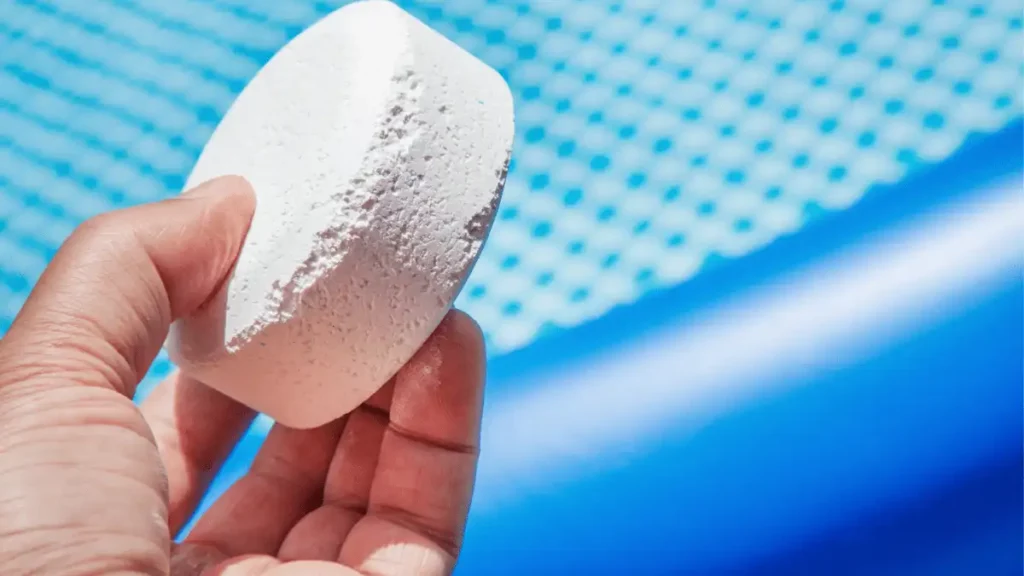The Long Term Effects of Chlorine on the Body
June 17, 2020, 0 CommentsUpdated 2020
As the temperature rises around the United States, and cities soften restrictions on social distancing, everybody is thinking about going for a dip in the nearest cool swimming pool. If you’ve ever been swimming in one of the more than 10 million residential and commercial pools in America, you’re well acquainted with both the refreshing feeling of summer and the sting and smell of chlorine that comes with it.

Most standard pools use chemicals like chlorine as a quick and simple way to kill bacteria and germs, control organic debris from perspiration and body oils, and prevent algae growth. Sounds good, right? It’s debatable. Chlorine’s job is to promote the health of swimmers but while it may prevent exposure to harmful bacteria, it comes with its own slew of hazards for your long term health. The long-term effects of chlorine on swimmers are relatively unknown.
The Centers for Disease Control have cited negative effects of chlorine overexposure to chlorine on a person’s health. Among the most alarming of these are blurred vision, respiratory issues, and asthma. Less serious and far more common complications of chlorine exposure include eye and nose irritations, dried-out skin and hair, and premature wrinkles. Many studies are inconclusive, and we can’t yet be sure what will happen long term. The possibility of lingering long-term chlorine effects aren’t worth it.

Are natural pools a safer alternative? Natural pool expert, Larry Carnes, says that natural pools will be just as safe from harmful bacteria as the installed plantlife will act as a natural filtration system. An added bonus is that sensitivity to aquatic plants is not common. People who swim in natural pools tend to experience less skin or eye irritation than they do in traditional pools with chemicals like chlorine.
When you swim in chlorinated water, the chemicals are absorbed into your skin, and overexposure can happen quicker than you think. For some, it might take years of regular swimming in chlorinated waters, and for others, it might only take a few months. The unpredictability and uncertainty of long term exposure to chlorine is, to us, simply not worth it for you and your family’s health.

For homeowners that want to keep their backyard pool dreams alive but are worried about the effects of chlorine on their health, there is a better way: going natural. You can switch up the status quo by installing a natural pool – either from scratch, or as a conversion from an existing standard pool. A natural pool has a variety of health and environmental benefits since it doesn’t contain chemicals or devices used to eliminate bacteria or microbes within the pool. Instead, a natural pool is filtered and purified using natural hydraulic and biological processes. Check out our detailed list of a natural pool’s benefits in our recent blog.
At Reflections, we’ve converted and installed countless natural pools and can tell you with certainty that our customers are happier for it. Please see our recent featured project and portfolio for some of our many natural pool installation examples. To find out more information or to ask for a quote, please give us a call at 815-955-4911.


0 Comments